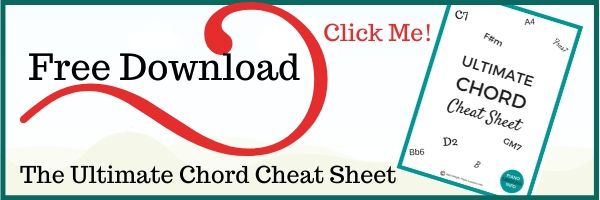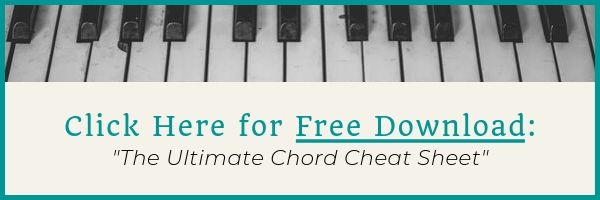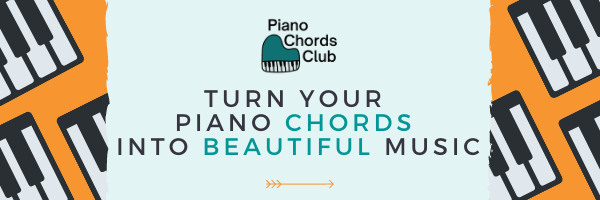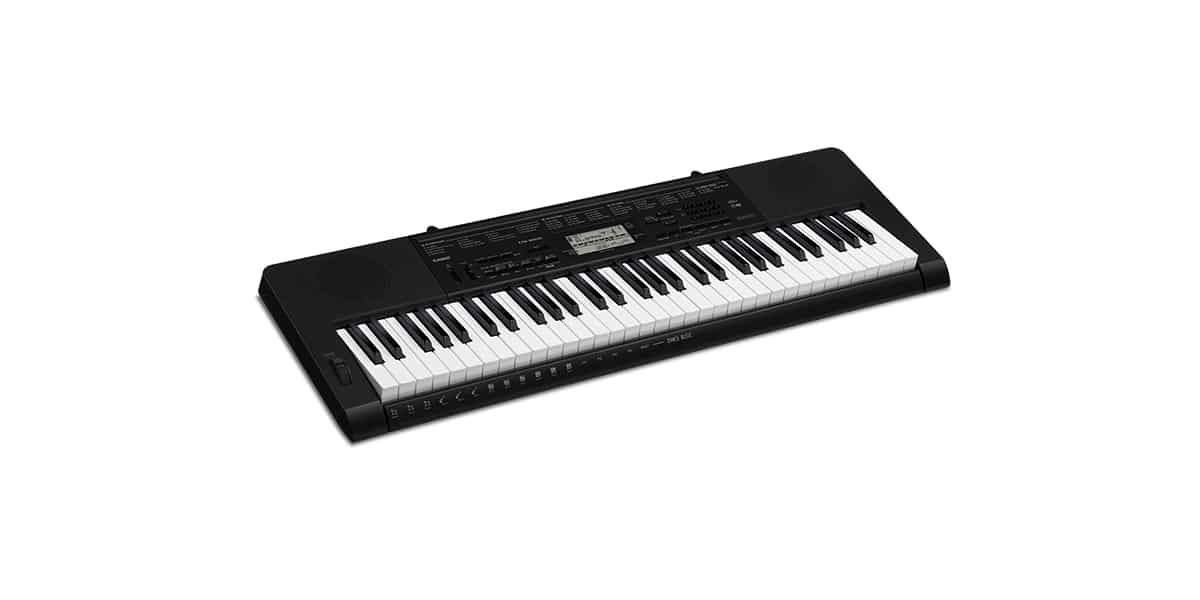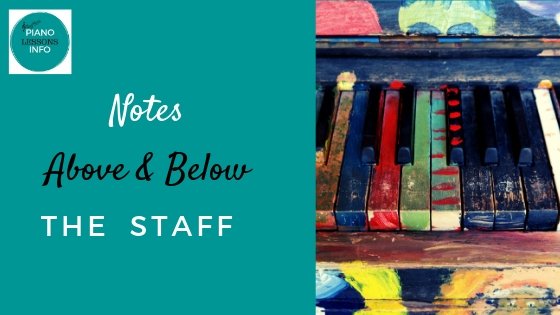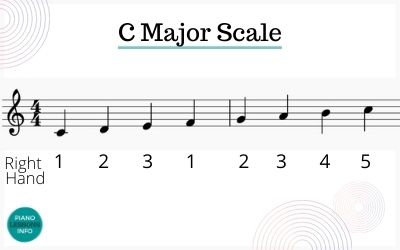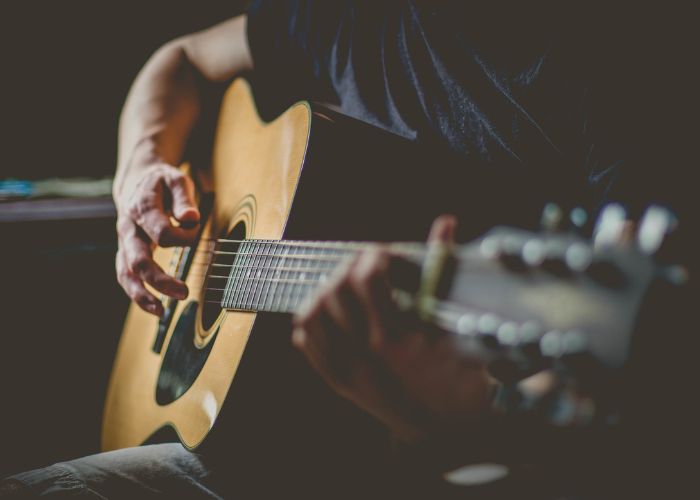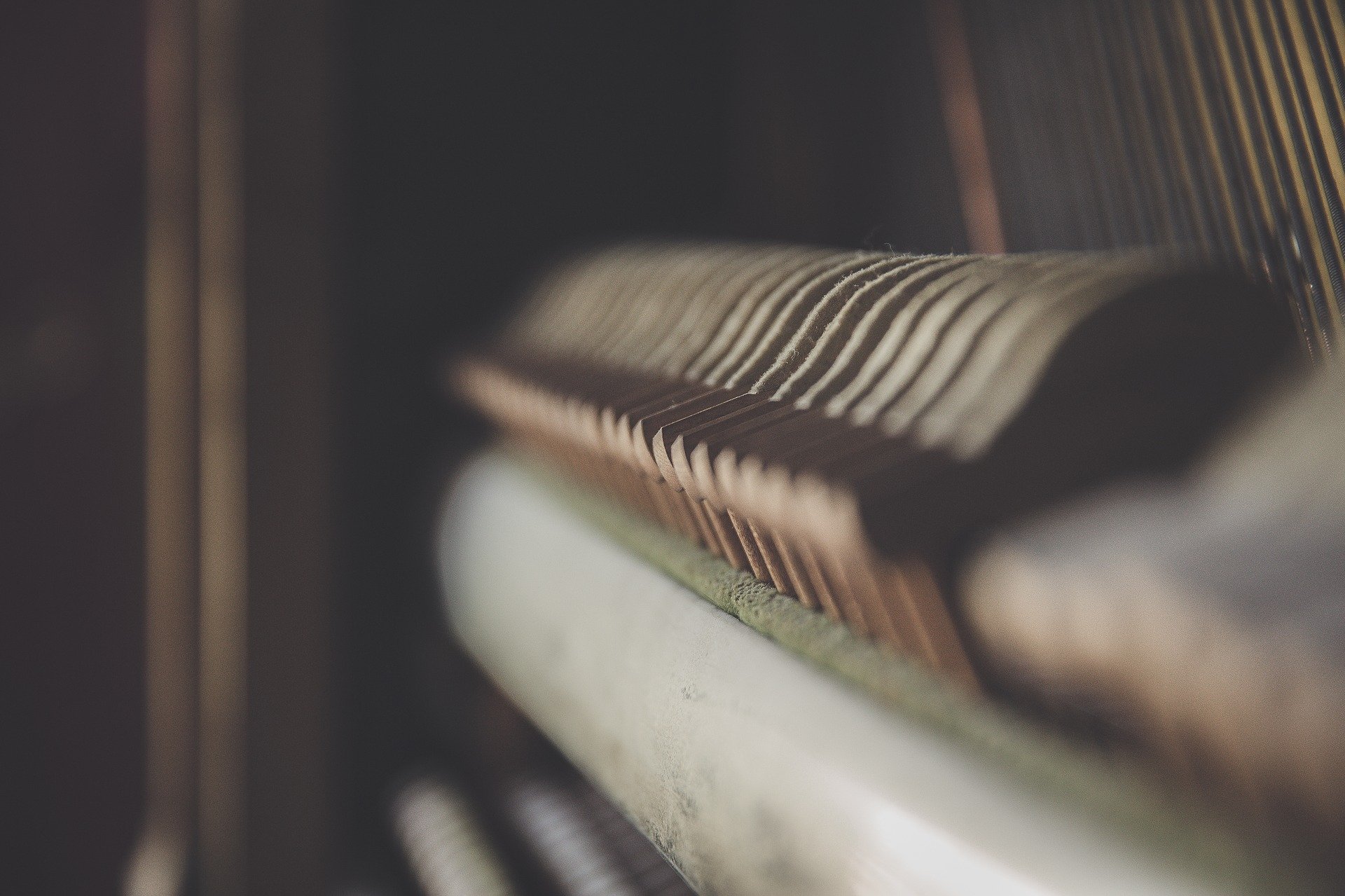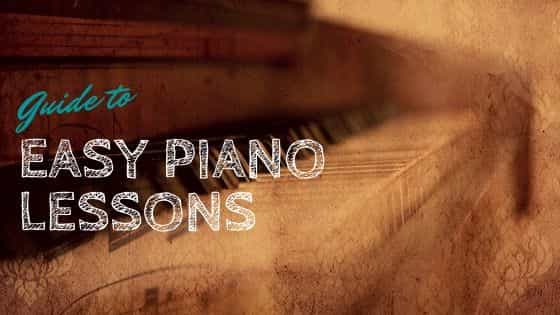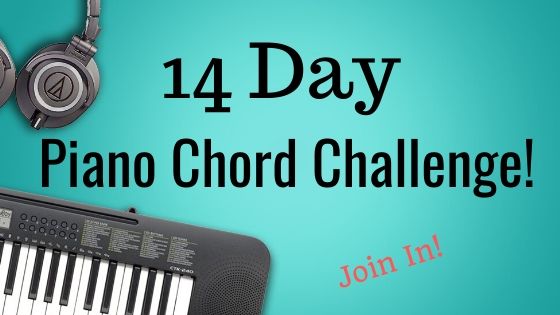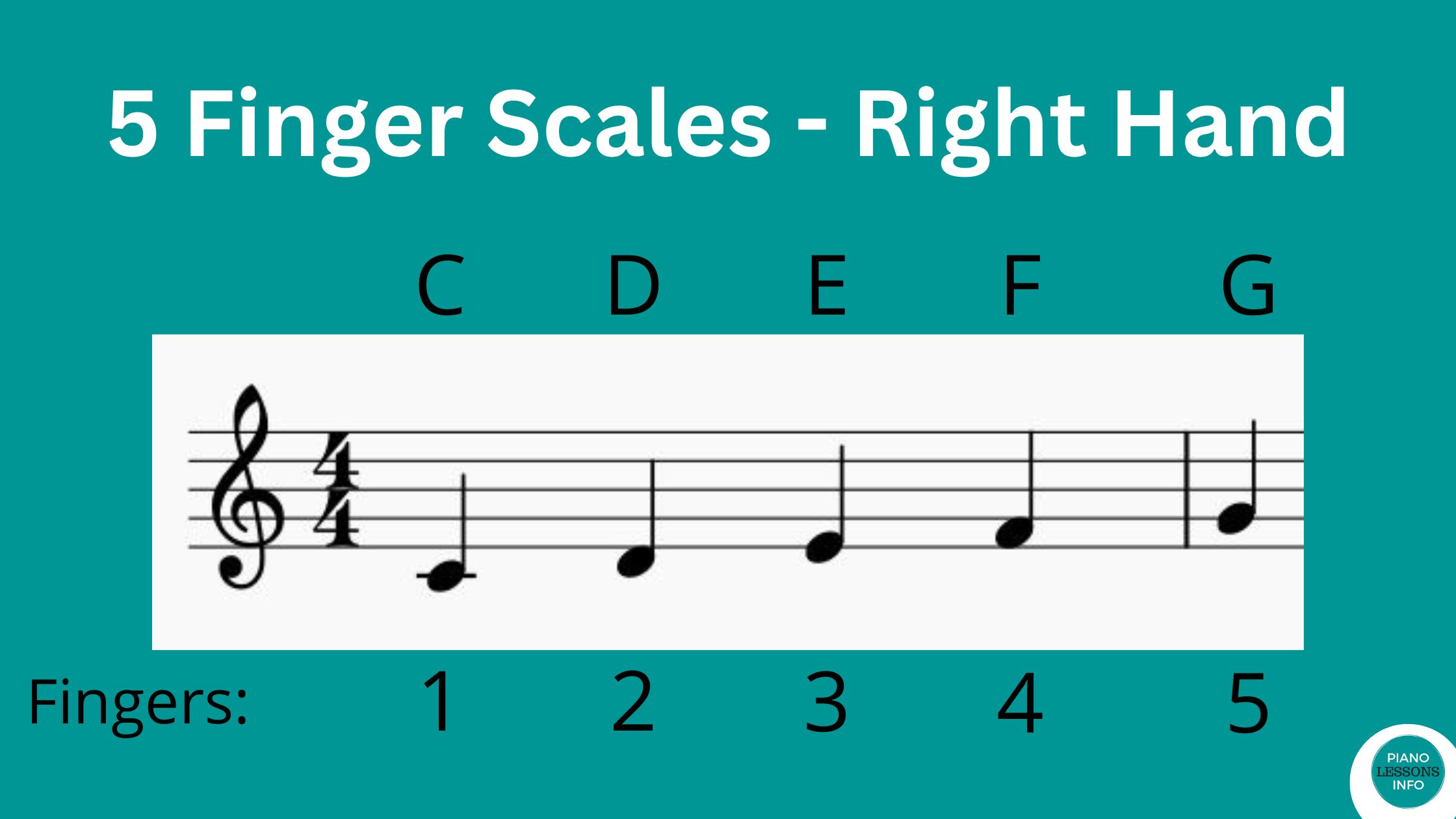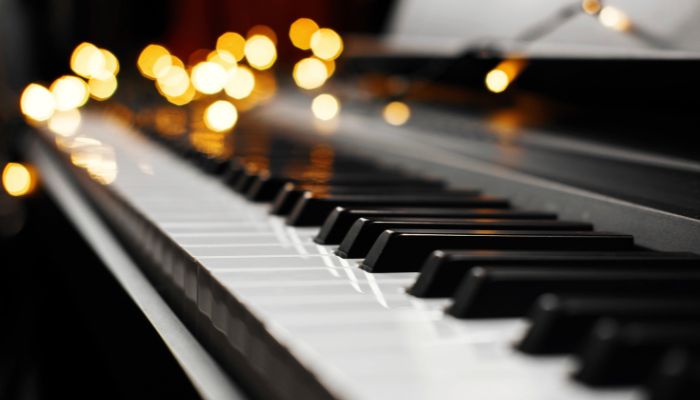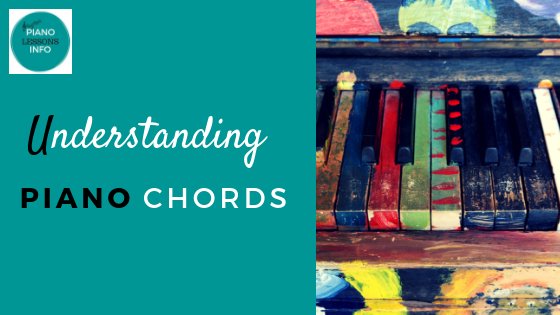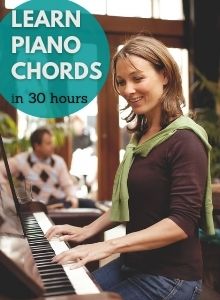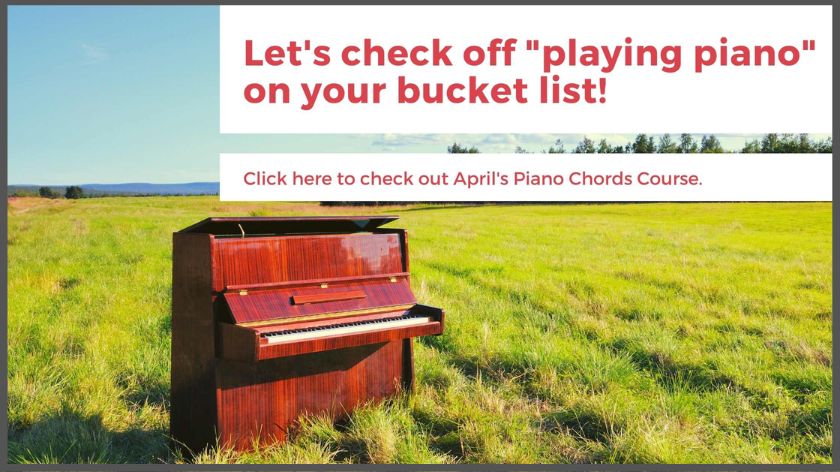What's the Right Age To Learn Piano?
If you're wondering what the right age is for learning piano, you are not the only one. This is a question I get a lot of you might be surprised at my answers.
I have found that different ages work well for different things. On this page, I'll talk both about kids learning piano and adults learning piano. (Kids first - I'll go from youngest and up.)
The Video: Right Age For Learning Piano
Kids: 6 and Under
When considering what the right age is for learning piano, I consider 6 and under to be a challenging age.
In fact, I no longer accept students that are younger than 6.
The reason for this is kids need to understand:
- the alphabet
- right and left hands
- numbers 1-5 (finger numbers)
- some addition (for rhythm)
- patterns (piano keys and music in general)
They also need to have a long enough attention span to practice the same thing 5 days a week for 10-15 minutes.
I have found that once kids are in grade 1, they have some of the basics needed to start learning and understanding piano. They've also developed some ability to sit still.
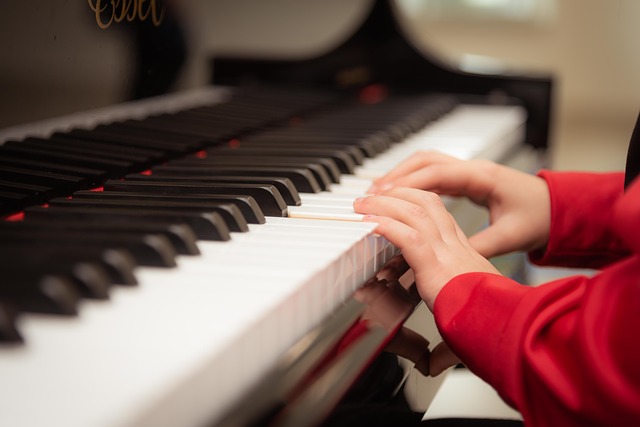
What About Music Programs for Toddlers?
They're great! I have taught some of these and I do recommend them. They provide a good and fun foundation into music.
Because these are designed for toddlers and young children, they work for them and the abilities of children that age.
If you'd like your young child to start learning music, this is a good way to start with under 5's. (And there will be a good bit less frustration on your part and your childs.)
Kids Learning Piano: Ages 6 - 11
For kids ages 6 to 11, this is a great time to learn piano.
I recommend learning to read music at this age. It is the perfect time for this and most of the students I see (who are kids) are within this age range.
It doesn't really matter which age a child starts at here. Older students move faster through the material and end up at the same place as younger kids. (This does depend on the student and how much they practice though.)
One thing to keep in mind here, kids who learn music tend to do better at math and science. It's creative, teaches discipline (practicing) and it's good for a kid's growing brain.
The 2 main piano books used here are the Alfred Series and Piano Adventures. You can see more about the books I recommend for kids here.
Please avoid piano stickers! If your child is learning piano, it's best for them to learn the pattern of the piano so they can play anywhere, anytime. If you use piano stickers, kids learn to read those instead of the pattern of the keys and find it hard to play what they practice at lessons.
Teens Learning Piano (11 - 19)
Once someone reaches the teen years, there is an option that opens up in terms of learning piano. You can essentially go two ways or both ways here.
1. Teens can learn to read music and play written music. This can lead onto classical piano but doesn't have to.
2. Teens can learn to play chords. Learning piano chords lets you learn to play modern songs, gospel songs and things you hear on the radio. This path is recommended for anyone who wants to write songs or vocalists. Also recommended for learning jazz.
You can learn to read music and chords at the same time - if you have the right teacher. This is how I usually teach teens.
However, you don't have to learn to read music.
Learning chords is a much faster way to learn piano. If a teen has limited time and lots of homework, sometimes practice time is hard to fit in. Learning chords helps you to learn piano, play piano, and write music. (You can also learn it online with a course like my You Can Play Piano Chords course.)
Learning Piano As An Adult
You might be wondering if you can learn piano as an adult. Is it too late?
No, it's not too late! You can learn as an adult. That will be just fine.
The key is time to practice. If you have the time to practice and are committed to doing so, this adult age is the right time to learn for you.
As an adult, you have the following advantages:
- you can understand all the various musical concepts
- you learn quicker
- you move through the material quicker
- you can learn chords
- your hands are bigger
- your feet reach the floor :)
Generally, adults can understand the different musical concepts much faster and more efficiently. They can also spend less time practicing certain things and move on quickly to learning new concepts, rather than practicing something for a longer period of time like kids do.
There are some things I'd take into consideration depending on the age of an adult. (See the next section.)
Younger Adults (Without Kids)
I have taught quite few younger adults in their "before kids" time of life or who don't have kids.
This tends to be a great age to learn and put time into a meaningful hobby like playing piano. The main thing that gets in the way for some is work.
Generally however, students who have come to me in this age bracket do quite well. I'd say, young adult is a "right age to learn piano".
What To Learn?
- written music and classical music can work well at this time
- learning to play chords is perfect for adults
Adults (With Kids At Home)
If you're an adult with kids at home and wondering about learning piano, there are a few things to take into consideration.
Learning to play piano can be time consuming and I generally recommend practicing at least 30 minutes, 5 days a week.
Would that work for you in your situation?
You can learn piano as an adult, that's fine. The question is, can you fit in the time.
As a teacher, I've found students in this period of life (like I am, at the time of writing anyway), tend to not stick around very long. This doesn't mean that's what it will be like for you. But it's worth a pause and consideration.
Can you make it work? If so, go for it!
One recommendation: if time is a bit tight for you, start by learning to play piano chords. It's much quicker to learn.
Adults Over 50
I have learned that there are many adults over 50 learning to play piano. I would say that this is definitely one of the "right ages to learn piano".
The main reason? Time. Time to practice.
There are many older adults learning to play piano and I get emails from people in their 60s, 70s and even 80s learning. (For some reason 72 seems to be a particularly popular age for learning piano.)
Some have learned when they are young and want to pick it up again. It takes some refreshing but it is possible.
It's also possible to start at the very beginning. There's no reason why you can't learn to play at this age.
One of the main determiners to playing piano is practice time. You need time to practice. If you have that, you can learn to play.
It's also great for your brain to learn and do something different as you get older. Plus it's fun!
At this age you can learn to play written music or chords if you want it to be quicker and be playing music faster.
Use the free beginners guide below to help you get started.
So What's The Right Age To Learn Piano?
Learning piano can be done at any time of life. There is a good reason to learn at pretty well every age.
Kids - a great time to learn to read music, learning is good for a child's brain.
Older Kids & Teens - you can start learning chords and also read music plus you have time to practice.
Young Adults - you have time for a hobby and for practice. You can learn to play written music or chords.
Older Adults - you can learn what you want and have time to practice. Chords are great, written music is also good.
Recent Articles
-
Piano Notes Chart
Nov 20, 23 10:21 PM
Find a piano notes chart for treble clef and bass clef notes as well as the different types of notes. -
D Chord on Piano + Diagram, How To & Theory
Oct 24, 23 12:20 AM
Learn how to play the D chord on piano with diagram, fingering, D/A, D/F# and a theory explainer. -
Diminished Piano Chords: Chart & How to Make Them
Oct 09, 23 09:23 PM
Learn the different diminished piano chords and how to make them. Here you'll find both a diminished chord chart and an explanation.
